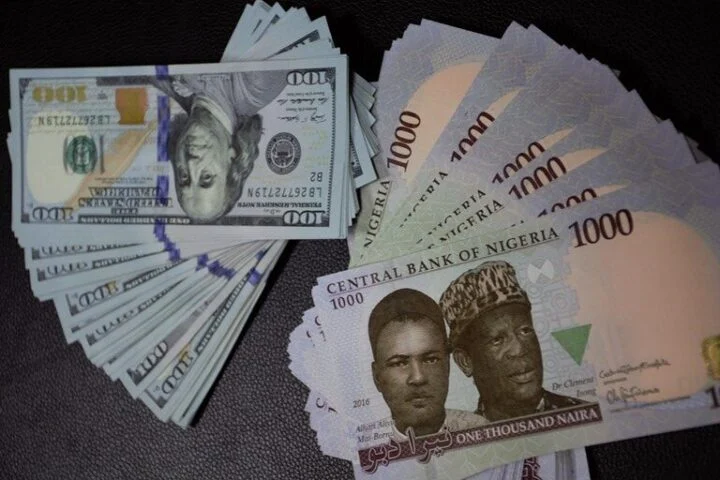Lagos, May 10, 2025 — The Nigerian naira appreciated by 0.23% against the U.S. dollar today, reflecting subtle shifts in forex demand and the effects of recent monetary policies. According to official data, the exchange rate improved from ₦1610.76/$1 on May 9 to ₦1607.11/$1 on May 10.
The modest gain, though small, highlights the continued volatility and pressure in Nigeria’s foreign exchange market. Analysts attribute the movement to fluctuating demand, constrained dollar supply, and ongoing interventions by the Central Bank of Nigeria (CBN).
Daily Naira Market Rates (May 10, 2025)
- US Dollar: ₦1607.11/$1
- Euro: ₦1810.90/€1
- Pound Sterling: ₦2138.10/£1
- Chinese Yuan: ₦222.80/¥1
Despite this improvement, the naira remains highly sensitive to external and internal factors, including inflation, investor confidence, and access to official forex channels. The limited availability of foreign currency through official sources continues to drive demand toward the parallel market—dominated by Bureau de Change (BDC) operators—where rates often diverge significantly.
Persistent Market Gaps
Efforts to harmonize the official and black market rates have yielded mixed results. The CBN’s historical reliance on managed exchange rate frameworks and multiple rate windows has left lingering distortions, creating arbitrage opportunities and uncertainty among market participants.
Key challenges include:
-
Limited Access to Official Forex
- High Demand, Low Supply: Nigeria’s import-heavy economy intensifies pressure on dollar reserves.
- Regulatory Barriers: Red tape and documentation issues make official forex less accessible to many businesses and individuals.
-
Distorted Exchange Mechanisms
- Legacy of Multiple Rates: Previous systems segmented access by sector, complicating the market and encouraging informal alternatives.
-
Economic Pressures and Market Sentiment
- Persistent Demand-Supply Imbalance: Low forex inflows continue to clash with high demand, especially in the private sector.
With inflation rising and global economic conditions remaining unpredictable, the naira’s stability depends on more than just policy tweaks. Structural reforms—particularly those that boost exports, attract foreign investment, and streamline forex access—will be critical for lasting recovery.
For now, businesses and individuals are advised to monitor exchange rate trends closely through reliable sources like Aboki Forex, the CBN portal, and Google Finance.
Stay with New Daily Prime for continuous updates on forex movements, economic developments, and financial insights that matter.



